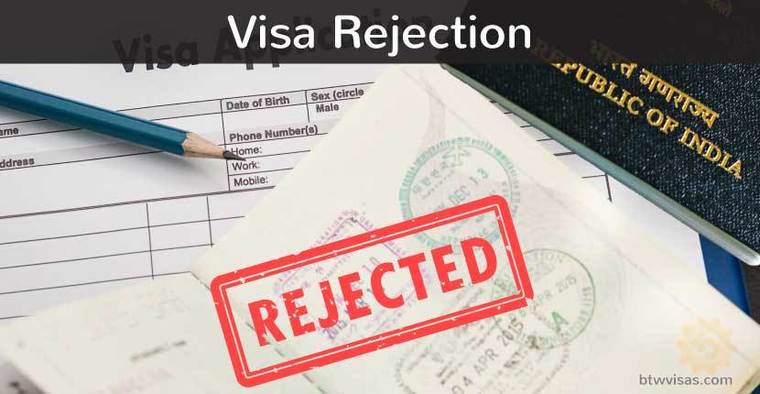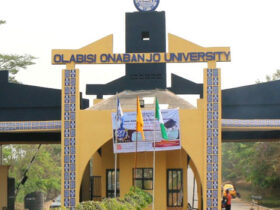A high level of visa rejections has been recorded for foreign students, predominantly from African countries, in Northern Cyprus.
Some attribute this situation to the lack of transparency at the visa agency Voyavisa. Many foreign students, primarily black students, seeking holiday getaways or vacation time after the school year or aiming to attend visa interviews at embassies in Turkey have experienced high rates of rejection without clear or substantial reasons.

Turkey is the only country that officially recognizes Northern Cyprus.
Due to the absence of diplomatic missions and consulates in the northern part of Cyprus, students or individuals intending to travel to various destinations are mandated to go to Turkey for visa interviews.
The spike in visa rejections has left many foreign students, predominantly of black ethnicity, feeling frustrated, confused, and dejected. Some have missed job opportunities and globally impactful conferences that could have jumpstarted their careers.
READ ALSO: EXCLUSIVE: Nigerians Top List of Foreign Inmates in Northern Cyprus Prison
The Turkish embassy has outsourced visa procedures to an agency called VoyaVisa, causing widespread concern and worry due to mounting visa rejections without transparent reasons.
A foreign student who preferred to be anonymous presented to Parallel Facts an email sent by Voya after her visa was rejected, depicting VoyaVisa’s lack of transparency.
One student lamented, ‘Why doesn’t the Turkish Embassy send us the rejection email themselves? Why does this email look like it was written by a 5-year-old? It might even be that they never processed our visas and simply took the payment, sending a rejection email two weeks later.’ Nigerian students are required to pay up to 250 euros in visa processing fees without assurance or transparency regarding their rejections.
A Nigerian student named Princess Ahmed shared her experience: “I applied for a visa in 2019 directly at the embassy in Lefkosia, and it was straightforward; my visa was approved. However, in 2022, when the Turkish government began using VoyaVisa, my visa application was rejected without a clear reason, despite my documents being complete. It came as a shock to me. I believe VoyaVisa might not be submitting some applications, leading to this high rate of rejections. Perhaps the Turkish government has decided to limit the number of Nigerians and black individuals receiving visas. Maybe the embassy is too uncomfortable or politically correct to own up to this decision, hence the need to outsource to VoyaVisa, whose rejection letters include a ‘no questions’ paragraph.”
Another Nigerian student who was accepted into a program in Canada had her visa for Turkey, meant for a visa appointment at the Canadian consulate, denied, leaving her shattered.
She had to travel 5,000 kilometers back to Nigeria to reschedule the visa interview, incurring significantly higher expenses compared to what she would have spent attending the interview in Turkey.
This situation has led to significant frustration within the foreign student community, particularly among those from Africa, as they are the only nationalities requiring a visa to enter Turkey. Most, if not all, other nationalities have visa-free access to Turkey.
Many students are beginning to question the cost-benefits of studying in Cyprus, given their confinement to a small island whose residence permits are not recognized as valid documents worldwide except in Turkey. These students believe they are falling behind their European counterparts due to the Schengen visa regime, which allows easier travel around Europe for conferences and leisure.
A student frustrated with his rejection who also wished to remain anonymous questioned why the Turkish Republic of Northern Cyprus requires a visa to enter Turkey. He argues, “My residence permit should suffice, given the proximity and close cultural and historic ties between the two nations, both of Turkish origin.”
“So far, none of the students have lodged official complaints, as they feel too scared or confused about which authority to approach for filing a complaint.”








Leave a Reply